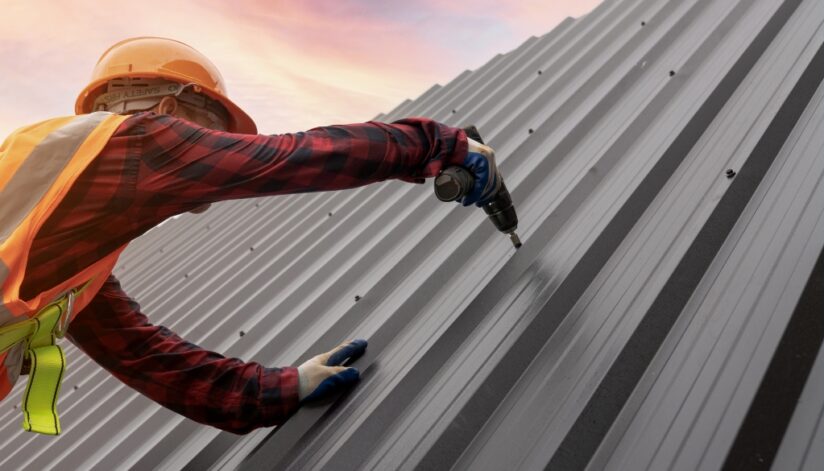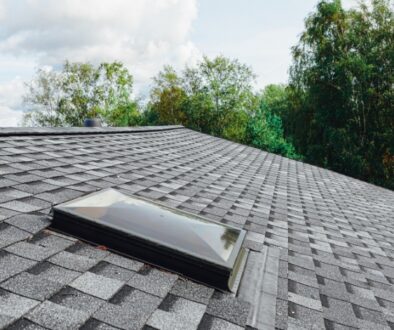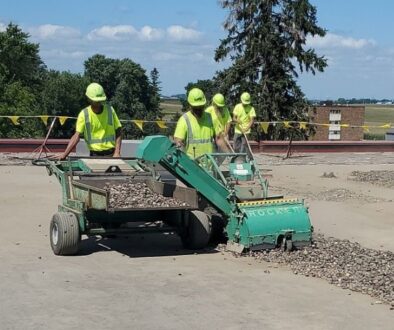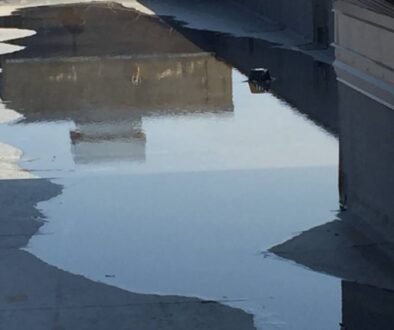What Is The Difference Between Asphalt And Metal Roofing?
Choosing the right roofing material is a big decision for any homeowner or business. With so many options available, asphalt and metal are two of the most common choices. Both have unique advantages, disadvantages, and ideal applications. Ledegar Roofing is here to break down the differences to help you make an informed decision.
Asphalt Roofing: The Popular Choice
Pros
- Affordability: Asphalt shingles are often the most budget-friendly roofing option. They provide a cost-effective solution for homeowners on a tighter budget.
- Variety of Styles: Available in a wide range of colors and textures, asphalt shingles can match nearly any architectural style.
- Ease of Installation: Asphalt roofs are relatively simple and quick to install, which can reduce labor costs.
- Repair-Friendly: If damage occurs, individual shingles are easy to replace without requiring a full roof overhaul.
Cons
- Lifespan: Compared to metal, asphalt roofs have a shorter lifespan, typically lasting 20 to 30 years.
- Weather Vulnerability: Asphalt shingles are more susceptible to damage from strong winds, hail, and extreme temperature fluctuations.
- Environmental Impact: Asphalt shingles are petroleum-based and not easily recyclable, making them less environmentally friendly.
Best Applications For Asphalt Roofing
Asphalt shingles are ideal for residential homes and buildings where affordability and aesthetic flexibility are top priorities. They work well in neighborhoods or areas with moderate weather conditions.
Metal Roofing: The Durable Option
Pros
- Longevity: Metal roofs can last 40 to 70 years, making them a long-term investment.
- Durability: Resistant to extreme weather, metal roofs stand up to heavy snow, high winds, and even hail without significant damage.
- Energy Efficiency: Reflective metal roofs reduce heat absorption, lowering cooling costs during summer months.
- Low Maintenance: Metal roofs require minimal upkeep compared to asphalt shingles.
- Environmentally Friendly: Most metal roofs are made from recyclable materials and are fully recyclable at the end of their lifespan.
Cons
- Higher Upfront Cost: The initial cost of materials and installation is higher than asphalt roofing.
- Noise Levels: Rain and hail can be noisier on a metal roof, although soundproofing measures can reduce this issue.
- Aesthetic Preferences: While metal roofing comes in various styles, some homeowners prefer the traditional look of asphalt shingles.
Best Applications For Metal Roofing
Metal roofs are an excellent choice for homes and commercial buildings in areas prone to severe weather. They’re also ideal for homeowners who plan to stay in their property long-term and want a low-maintenance, eco-friendly solution.
Key Factors To Consider
When deciding between asphalt and metal roofing, think about:
- Budget: Asphalt is more affordable upfront, while metal offers cost savings over time due to its durability.
- Climate: In regions with harsh winters, like La Crosse, metal roofs excel at shedding snow and resisting ice dams.
- Longevity: If you want a roof that will last for decades, metal is the better choice.
- Aesthetic Preferences: Consider which material complements your home’s design.
Making The Right Choice For Your Home
Both asphalt and metal roofs have their strengths, and the right choice depends on your needs, budget, and long-term goals. Asphalt roofing offers a cost-effective, stylish solution, while metal roofing provides unmatched durability and energy efficiency.
If you’re unsure which material is best for your La Crosse, West Salem, or Sparta home or business, the experts at Ledegar Roofing are here to help. Contact us today to request a FREE estimate and let us guide you to the perfect roofing solution!




